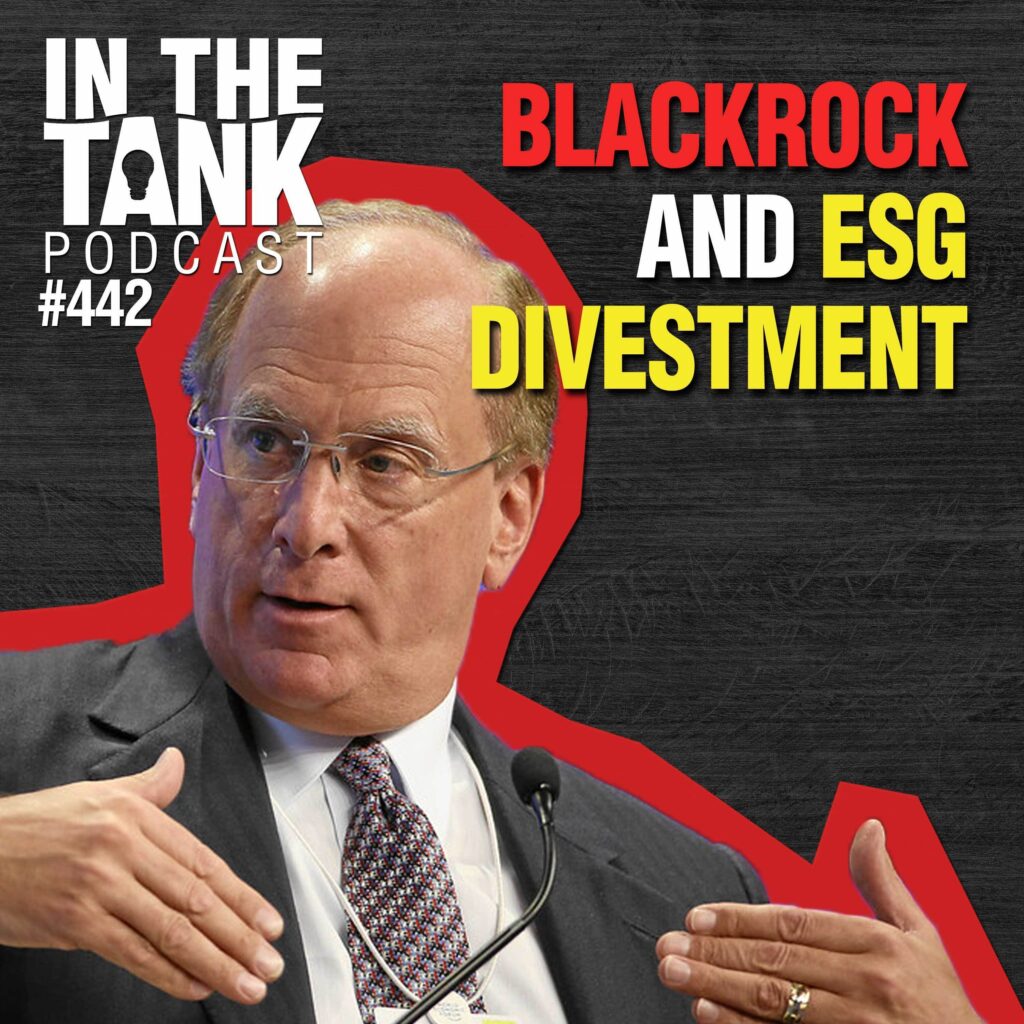I had never heard of the Unirule Institute of Economics before I read Robert Lawson and Benjamin Powell’s Socialism Sucks (which I discussed here). Unirule was a rare flower in a country not known for intellectual and religious freedom: a private think tank that emphasizes free markets and criticizes the government. They speak truth to power, to coin a phrase.
Naturally, that has made them some very powerful enemies. Those powerful enemies have shut them down.
It’s something they have been trying to do for years. In Socialism Sucks, Lawson and Powell recount their participation in a Unirule-sponsored conference aimed at teaching some of the tenets of the “Austrian” school of economics (an intellectual tradition following in the footsteps of Carl Menger, Ludwig von Mises, and Friedrich Hayek) and “Objectivism,” which was Ayn Rand‘s philosophy.
In their book, Lawson and Powell called the experience of teaching anti-communism in a communist country “surreal.” Apparently, it was a little too good to be true as they also recount how the Chinese government shuttered the second day of the conference.
And now they have been formally shut down. They plan to fight the government’s rulings, but Bloomberg reports that they have stopped operating.
It’s a setback for intellectual, political, and economic freedom, particularly in light of ongoing protests in Hong Kong. By silencing Unirule’s independent voice, Beijing has signaled that even though economic freedom has increased substantially since 1980, the first year for which data are available from the Fraser Institute, the Party simply isn’t interested in hearing dissent. This suggests that optimism about further liberalization is perhaps misplaced.
Chinese economic liberalization has been responsible for the biggest mass movement out of extreme poverty in human history. It will continue, I hope, but at a diminished pace if the Chinese government continues to take a hardline stance on dissenters.
This is especially tragic given the centrality of ideas to economic progress. As Joel Mokyr argued in his 2016 book A Culture of Growth and as Deirdre McCloskey has argued in her “Bourgeois Era” trilogy, new ideas, and specifically new ideas about ideas, were the driving force behind what McCloskey calls “the Great Enrichment.”
In an ongoing project summarizing her Bourgeois Era trilogy, McCloskey and I emphasize the importance of “dissent with modification” (you can read a short version here). Recognizing people’s the liberty to say “I disagree” and, importantly, the liberty to try new economic, political, social, and cultural experiments means that we get a lot more of these experiments and, therefore, economic progress.
I can only hope the decision is reversed, but I wonder if Unirule is a canary in the coal mine for free thought and free expression. Free and open inquiry are not just nice to have. They are essential if a society is going to be free and flourishing.
[Originally Published at Forbes]





